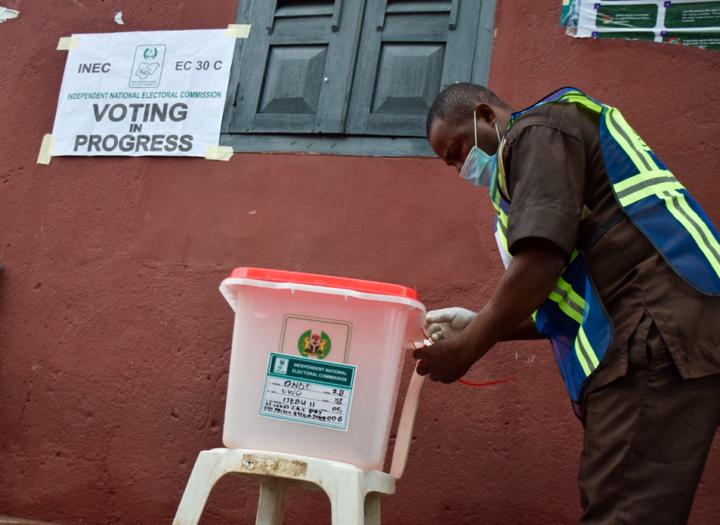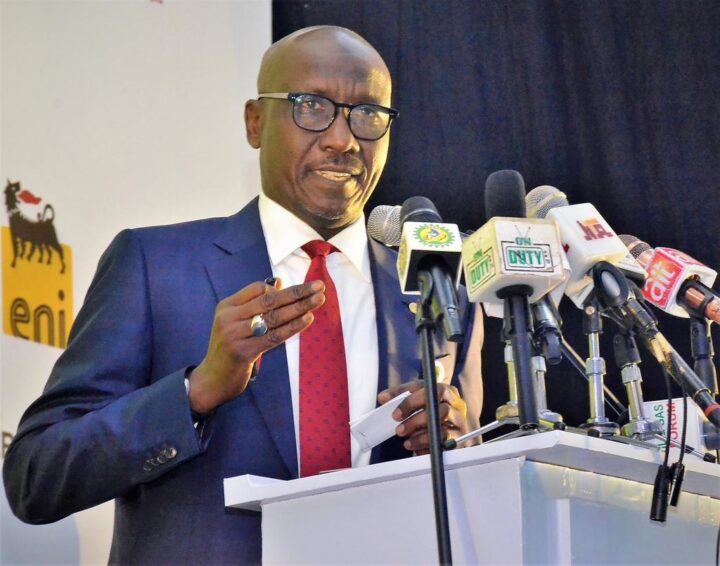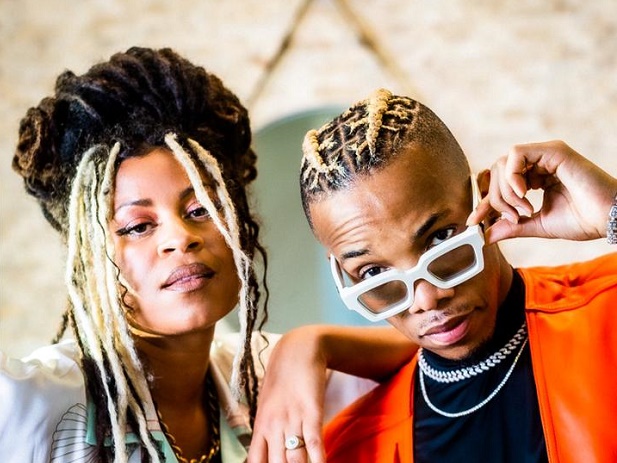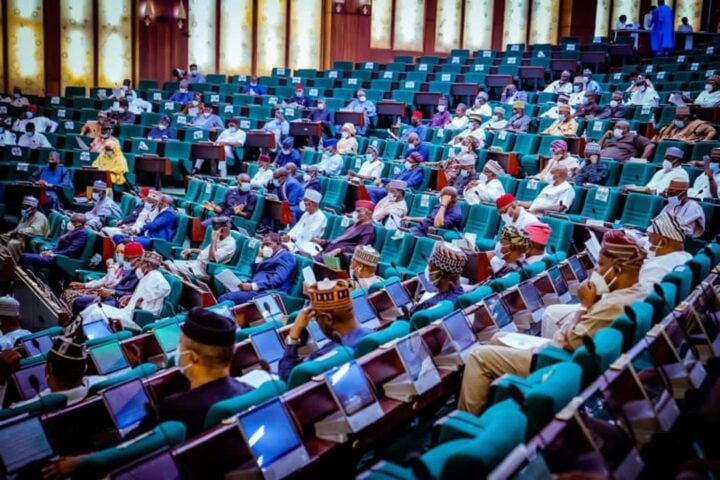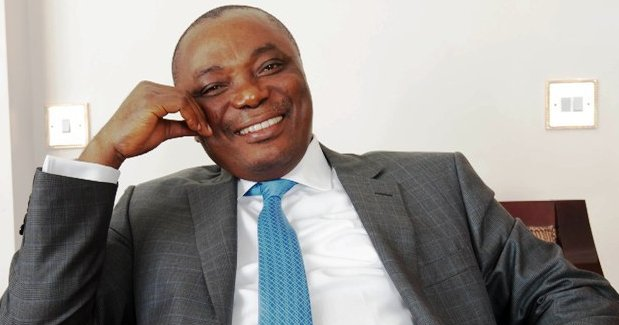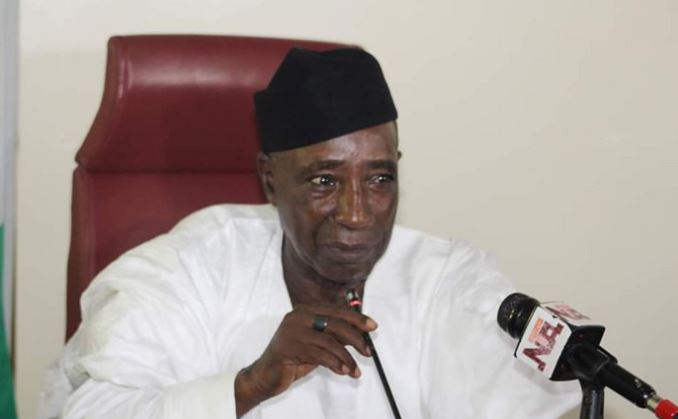The Independent National Electoral Commission (INEC) has been consistent with plans to improve voter access in elections. On Wednesday, the commission under Mahmood Yakubu took a major step towards that goal by raising the number of Nigeria’s polling units (PUs) to 176,846.
In total, 56,872 voting points and voting point settlements were converted into full-pledged PUs, effectively bringing the ballot closer to voters.
The voting points were created a few years ago as alternatives to PUs after several unsuccessful attempts to create additional PUs, with the number of registered voters in a unit used to determine how many voting points needed.
But because the measure was not sustainable, INEC sought to convert the voting points to PUs, thereby expanding key electoral activities — including deployment of political party agents — to the new units.
Advertisement
MORE AGENTS MEANS MORE MONEY
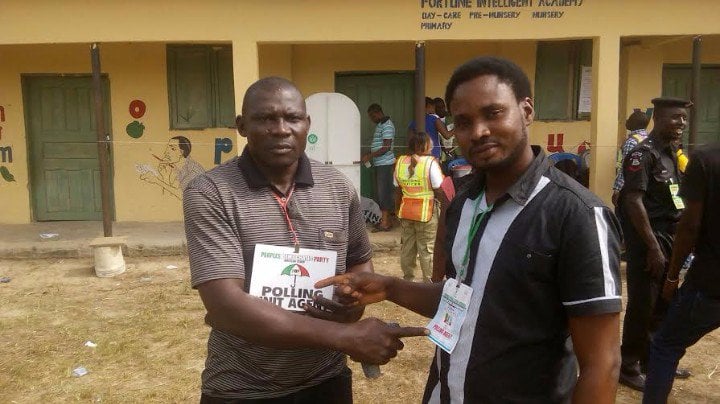
According to INEC guidelines, political parties are to have one polling agent as their representative in every polling unit, which means that each of the 18 parties needs additional 56,872 agents to complete their list to 176,846.
“That will be very tough and draining for the political parties,” according to Leonard Nzenwa, chairman of the Inter-Party Advisory Council (IPAC), the umbrella body of political parties in Nigeria.
Advertisement
Nzenwa told TheCable that while the move is a right step, “it is going to be a herculean task for political parties to deploy agents in all the polling units — and no party can do that alone except those that enjoy government patronage or have been in government”.
In past elections, only the All Progressives Congress (APC) and the Peoples Democratic Party (PDP) have had their eyes and ears at all polling units in almost all elections, with other parties failing to deploy their agents often as a result of inadequate resources.
And in locations where agents of the parties are missing, adequate oversight for its candidates is also not ensured.
But the additional expenses also affects INEC — which now need to have four ad hoc officials in all PUs — as well as observer groups such as the Youth Initiative for Advocacy, Growth and Advancement (YIAGA) — which will need more observers.
Advertisement
However, the benefits far outweigh the financial demands, according to Cynthia Mbamalu, programme manager at YIAGA.
INCREASED TRANSPARENCY COMES WITH MORE POLLING UNITS
Mbamalu told TheCable that its most important benefit is bringing the ballot closer to the people, thereby promoting voter access.
“It also reduces the tendency of electoral manipulation and fraud because while votes were being counted in voting points before, the results needed to be transmitted to the polling units to be collated and a lot of manipulation happened before the results got to there,” she said.
Advertisement
“It was a blindspot that no one took interest in observing. So now, everyone knows that collation happens at the ward and there is no additional process where you do not provide oversight.”
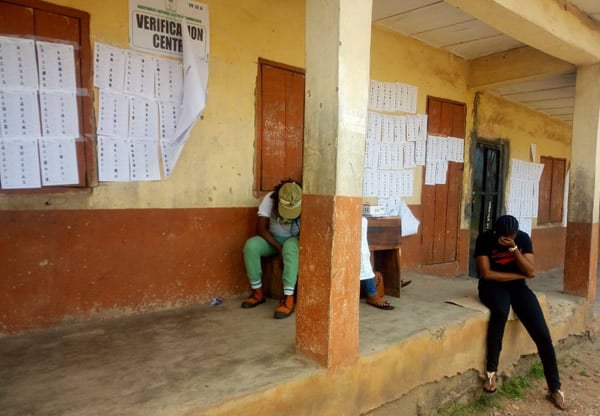
The YIAGA official said the additional PUs create an opportunity for better computation of results as “we used to see ad hoc officials get tired and make mistakes when they are adding voting point results at the polling units”.
Advertisement
NIGERIA NOT ALONE IN RISING COST OF ELECTIONS
The issue of the rising cost of elections remains a major issue in large democracies and Nigeria — where N234 billion was approved for the conduct of the 2019 elections — is no exception.
Advertisement
India, the world’s biggest democracy, was reported to have spent $8 billion in its last general election in 2019, almost twice what was spent in 2014 and about 14 times more than what Nigeria spent in its last general election.
The statistics are not anywhere comparable to that of Nigeria though: India has over 900 million eligible voters (Nigeria has just 84 million) and close to one million polling stations.
Advertisement
In the United States, the elections held last year was estimated to have cost $14 billion dollars, more than double the expenses in 2016. But unlike in Nigeria, candidates in US elections often rely on fundraising, including President Joe Biden who was the first person in US to raise over $1 billion in election funds.
In Canada, the last general elections were estimated to have cost $504 million spanning four years. However, it is a different ball game in the country as political parties and candidates are reimbursed up to 60 percent of their election expenses as well as other personal expenses — provided they meet certain terms.
WAY FORWARD? TECHNOLOGY; PARTIES ALSO WANT GRANTS
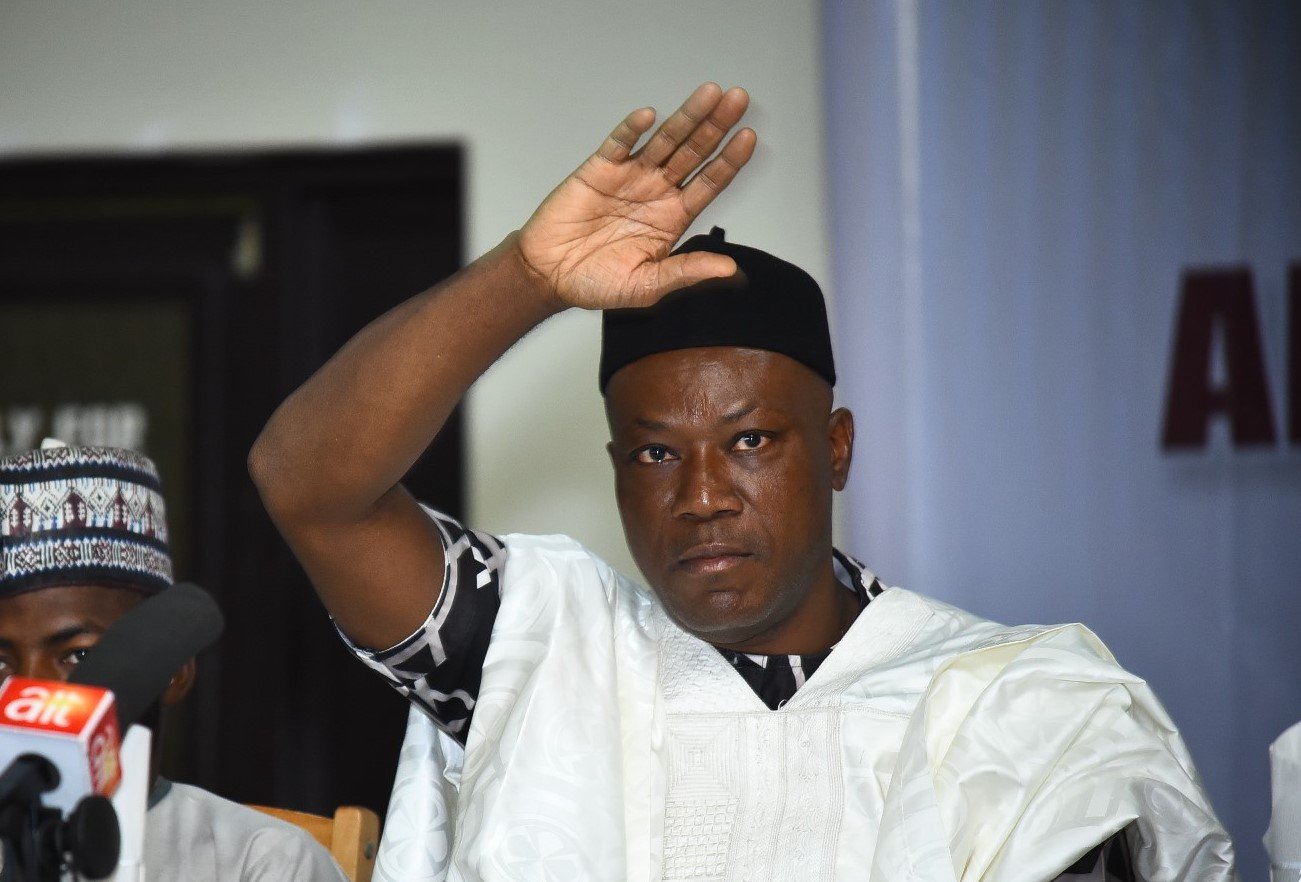
Mbamalu told TheCable that because it will be challenging for all parties and their candidates, particularly women and youths, to deploy agents in all the polling units, there is a need to take advantage of existing structures.
“If technology provisions for collation and transmission will be adopted, one of the best things that can be done is to leverage election result portals,” she said.
“Rather than have agents everywhere, you draw a sample of polling units to deploy them and you then have others who track the INEC portal for results. So, as the results are being uploaded on the portal, they are downloading them and cross-checking with others.”
For IPAC, political parties need subvention from the government more than ever before. Nzenwa, who is also the national chairman of the Africa Alliance Congress (AAC), told TheCable that the parties need financial assistance that could come in the form of grants.
“We are asking the government to give the parties subvention through INEC. We asked for subvention at the national assembly during the constitutional review, because that used to happen,” he said.
“The grants, which will be audited, help the parties strengthen democracy in the country. As it stands, it is an unequal playing field. Some parties are enjoying a higher level of advantage over the young ones, and it is not good for fairness.”
Add a comment

